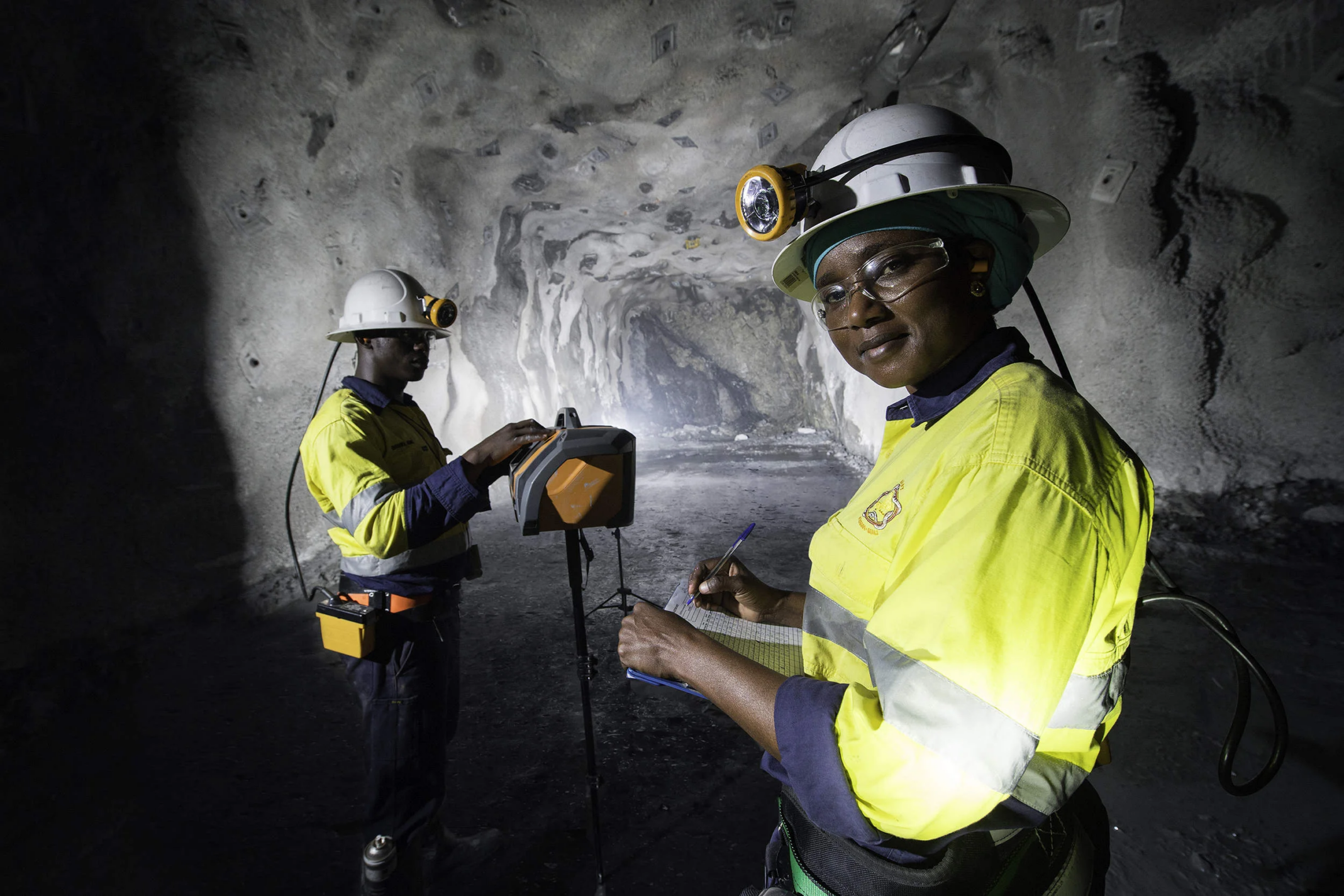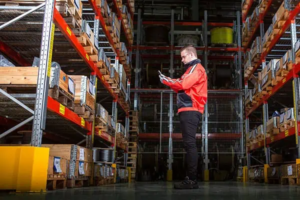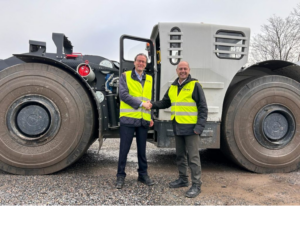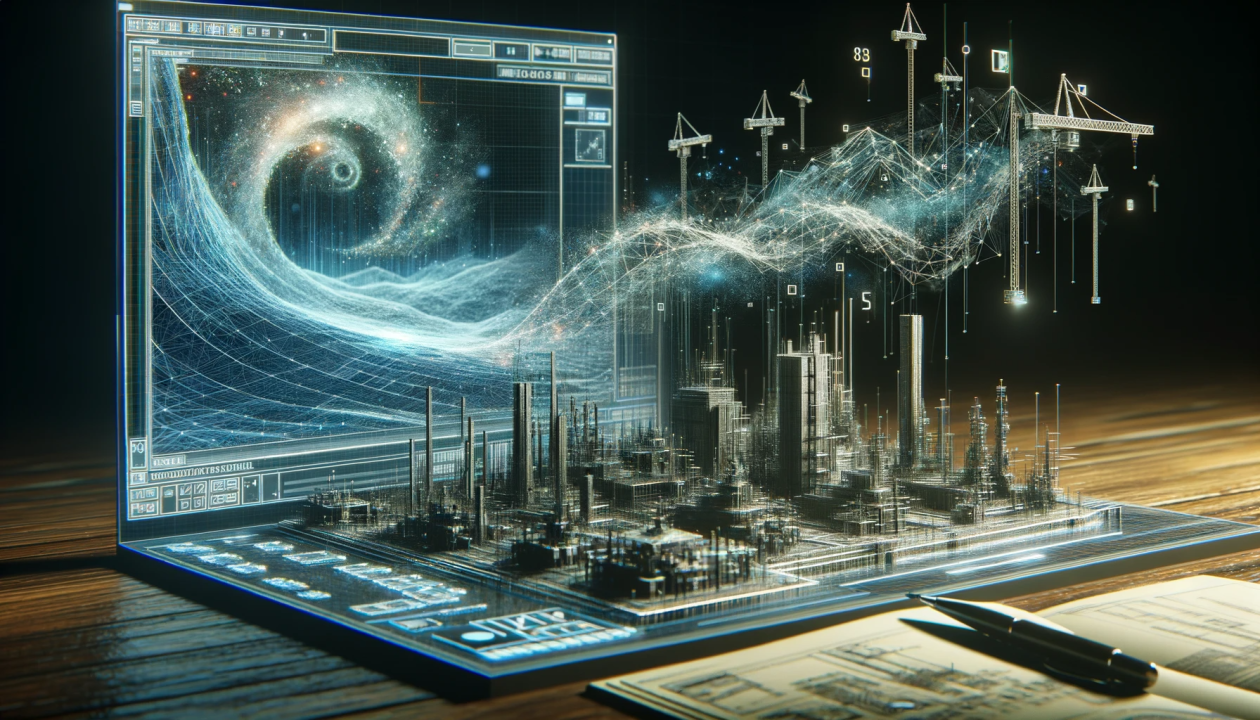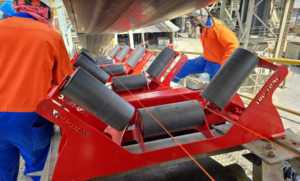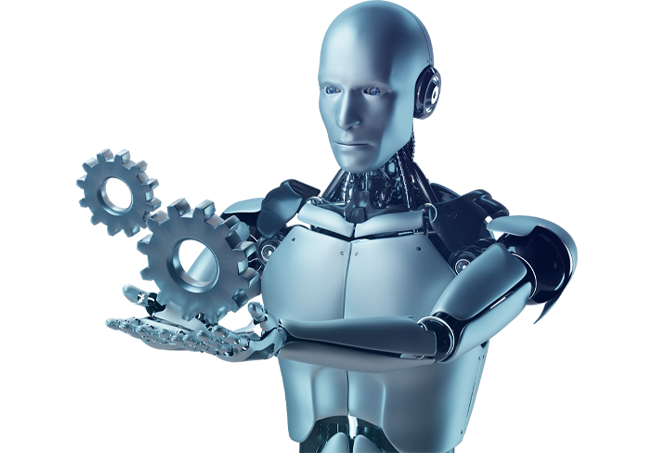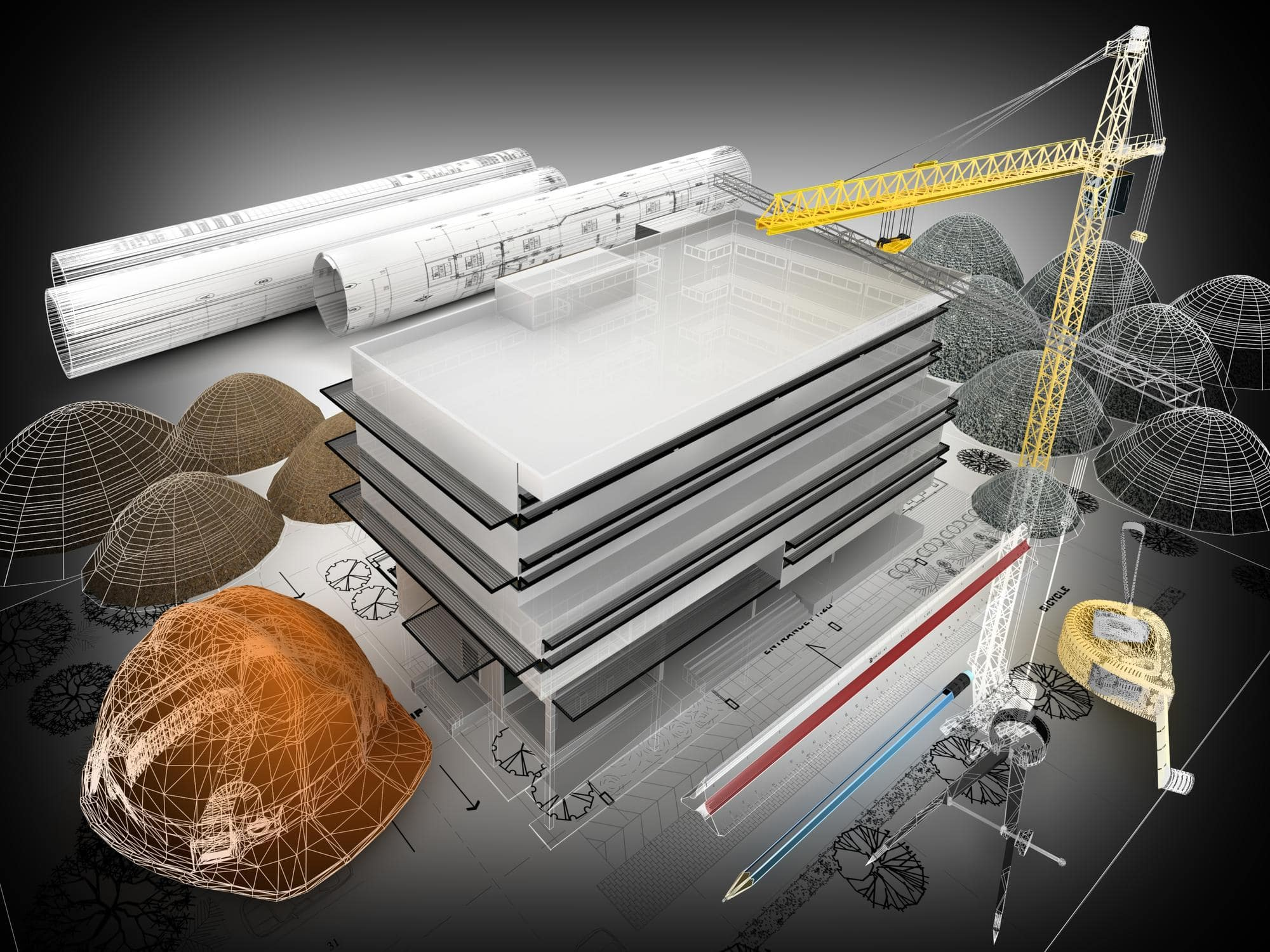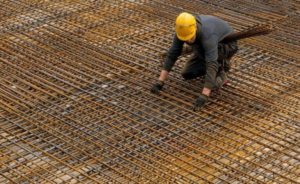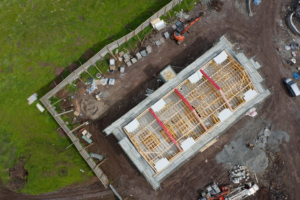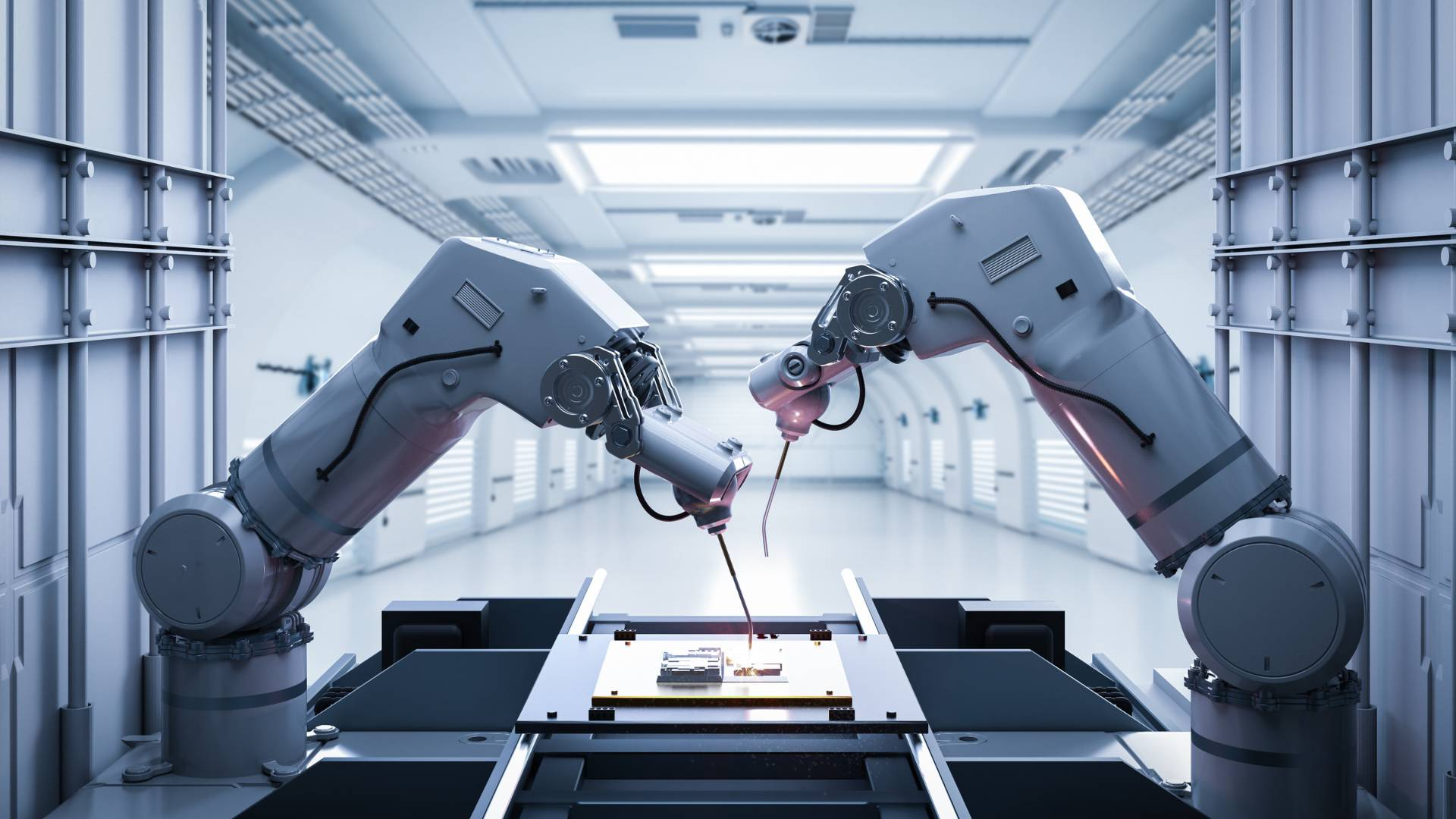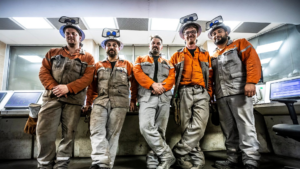Industrial Automation: Revolutionizing Manufacturing and Operations in 2024. As industries continue to evolve in the face of rapid technological advancements, industrial automation has emerged as a transformative force in manufacturing and operations. In 2024, this sector is witnessing unprecedented changes, driven by innovations in robotics, artificial intelligence (AI), and Internet of Things (IoT) technologies. The latest developments promise to enhance productivity, efficiency, and safety across various industries.
The Rise of Smart Factories:
One of the most significant trends in industrial automation this year is the rise of smart factories. These facilities are leveraging advanced sensors, machine learning algorithms, and real-time data analytics to create interconnected production environments. By integrating AI-driven decision-making with automated machinery, smart factories can optimize production schedules, reduce downtime, and improve overall operational efficiency.
“Smart factories represent a paradigm shift in manufacturing,” says Dr. Laura Martinez, a leading expert in industrial automation. “The ability to collect and analyze data in real time allows for more precise control over production processes and better management of resources.”
Robotic Innovations:
Robots have long been a staple of industrial automation, but recent innovations are taking their capabilities to new heights. Collaborative robots, or cobots, are now working alongside human operators, enhancing flexibility and efficiency on the production floor. These robots are designed to perform repetitive or dangerous tasks, allowing human workers to focus on more complex and creative aspects of their jobs.
Additionally, advancements in robotic dexterity and AI have enabled the development of robots that can handle a wider range of tasks with greater precision. From intricate assembly processes to complex quality inspections, modern robots are redefining the boundaries of what automated systems can achieve.
AI and Machine Learning:
Artificial intelligence and machine learning are becoming integral components of industrial automation systems. AI algorithms are used to predict equipment failures before they occur, allowing for proactive maintenance and reducing unexpected downtime. Machine learning models analyze production data to identify patterns and optimize processes, leading to improved product quality and reduced waste.
“AI is not just about making processes more efficient; it’s about transforming how we approach problem-solving in manufacturing,” explains Dr. James Patel, a data scientist specializing in industrial AI. “By leveraging AI, companies can make more informed decisions and drive continuous improvements in their operations.”
The Role of IoT:
The Internet of Things (IoT) is playing a crucial role in the expansion of industrial automation. IoT devices and sensors are being deployed across manufacturing facilities to monitor equipment performance, track inventory levels, and ensure regulatory compliance. This connected infrastructure provides a wealth of data that can be used to enhance operational insights and drive more informed business decisions.
“Connecting devices and systems through IoT technology allows for seamless communication and integration across different parts of the production process,” says Emily Wong, an IoT specialist. “This connectivity is key to achieving a truly automated and efficient manufacturing environment.”
Challenges and Future Outlook:
While the benefits of industrial automation are substantial, the sector faces several challenges. Integration of new technologies with legacy systems, cybersecurity concerns, and the need for skilled personnel are among the issues that businesses must address. However, ongoing research and development efforts are focused on overcoming these hurdles and ensuring that industrial automation continues to drive progress in the manufacturing sector.
Looking ahead, the future of industrial automation promises even greater advancements. Emerging technologies such as quantum computing and advanced AI are set to further revolutionize the industry, offering new possibilities for efficiency, innovation, and growth.
Conclusion:
Industrial automation is at the forefront of transforming manufacturing and operations in 2024. With smart factories, robotic innovations, AI, and IoT leading the way, businesses are poised to achieve new levels of productivity and efficiency. As the industry continues to evolve, staying informed about these developments will be crucial for companies seeking to remain competitive in the rapidly changing landscape of industrial automation.


